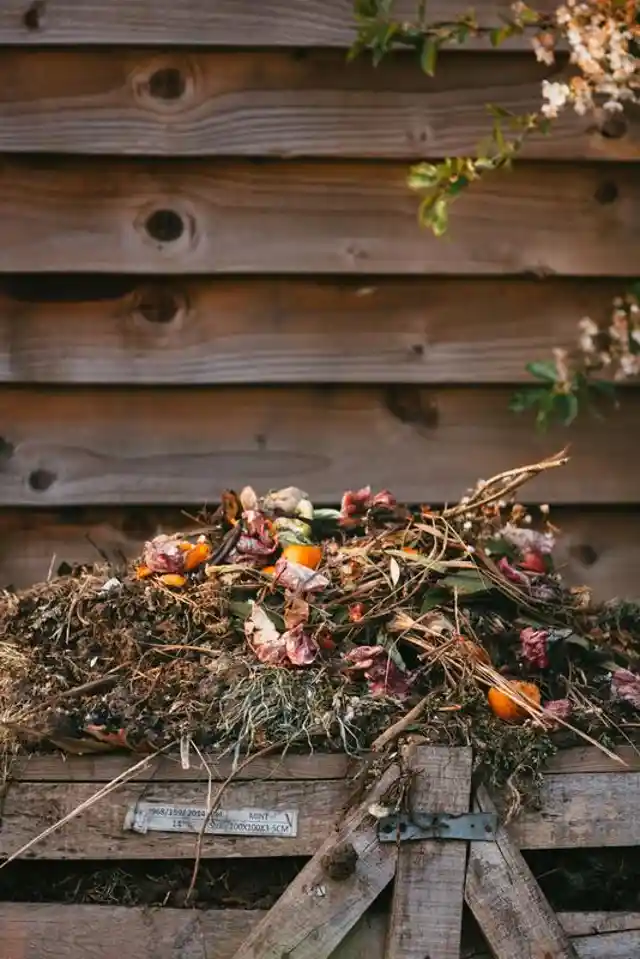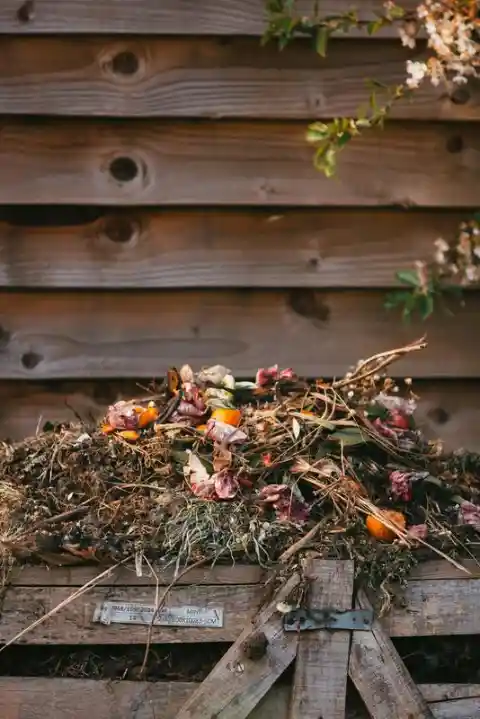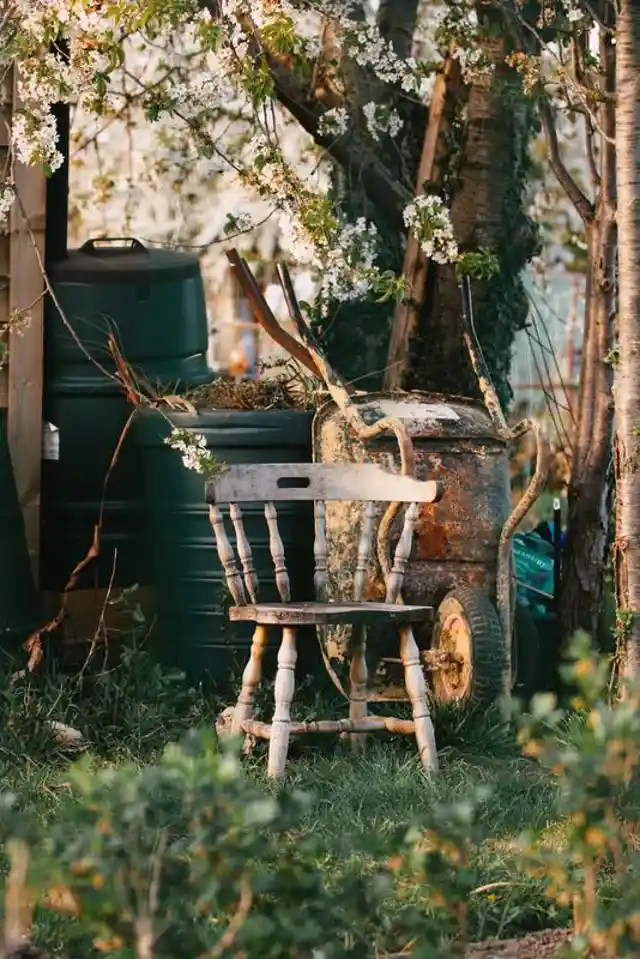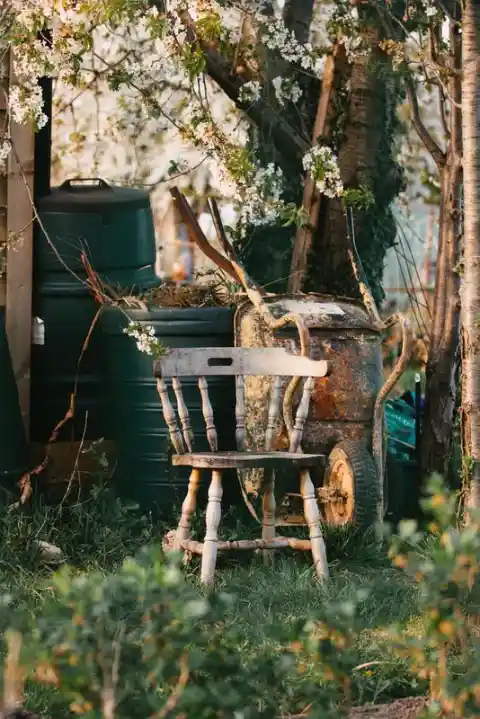If you have a garden, then you might like the idea of growing your fruit and vegetables. Not only can this be good fun, but it can cut down on grocery bills and make sure you are spending less week-in, week-out. For that reason, you might want to start investing in some compost that you can lay out to use as a base. What could you use as compost?


Fruit and vegetables
The first thing that you can compost in your garden would be some fruit and vegetables. These tend to turn to a compostable substance pretty fast, so unlike some of the other goods on this list, they should compost pretty fast. This makes fruit and veg scraps from your dinner a bit easier to use as some kind of meaningful compost. If you are looking for something you already have at home that you can compost, use your food bin.
Nuts and seeds
If you are someone who eats lots of nuts and seeds then you could be using the excess as compost, too. These can be excellent when spread around, and again like the above, they tend to become suitable for composting pretty fast. If you want something that should break down quickly and easily and can be something that you would normally just throw out, then add some nuts and seeds to your list of compostable home products.


Coffee grounds
If you have recently found yourself with a load of coffee grounds then you could throw them out into the compost, too. Coffee grounds are easily compostable and the number of nutrients within could be very useful for making that compost more suitable for various purposes. Most of us just end up binning our old coffee grounds, but you could save them up and put them into the compost heap instead to get a second use out of them.
Dairy products
While dairy goods can be compostable, you should be careful about this. Many times, dairy products which have been composted can attract rodents and pests to the yard. If you are going to use dairy products, keep in mind that they break down quite slowly. Unless you have been composting for a while, you might want to avoid using dairy products until you can get a handle on how they break down and how they handle the heat.